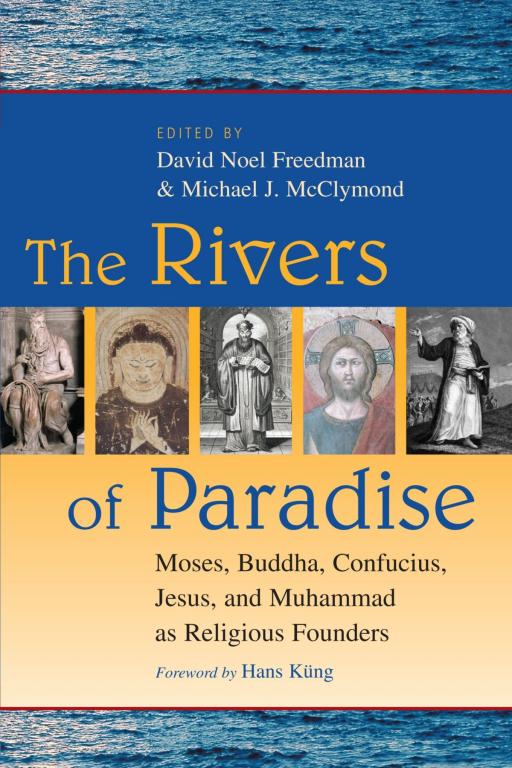One of my more curious (and fruitful) academic experiences occurred many years ago, when I delivered a paper at a scholarly conference in which I tried to demonstrate a conceptual link between several passages in the Qur’an and certain cosmological notions from ancient Canaanite mythology.
The keynote speaker at that conference was Professor David Noel Freedman (1922-2008), who had spent many years at the University of Michigan and who then finished his career in the sunnier weather at the University of California at San Diego.
A distinguished scholar in his own right — prolific author of, among roughly three hundred and thirty other titles, The Unity of the Hebrew Bible (1991), Leningrad Codex: A Facsimile Edition (1998), Psalm 119: The Exaltation of Torah (1999), The Nine Commandments (2000), and What are the Dead Sea Scrolls and Why Do They Matter? (2007) — Professor Freedman was also famed as a scholarly editor. For instance, he edited the multi-volume Anchor Bible Commentary (1956–2008), the Eerdmans Critical Commentaries (2000–2008), The Bible in Its World (2000–2008), and the Eerdmans Dictionary of the Bible (2000).
Anyway, before my session began, I noticed that Professor Freedman had taken a seat in the back of the room. I was already somewhat nervous about my presentation, since I was venturing into the foreign waters of biblical studies and comparative ancient Semitic religion, and now, seeing David Noel Freedman there and knowing that these foreign waters were his local lake, I was even more nervous.
As I delivered my paper, Professor Freedman’s brow wrinkled and he seemed to scowl the whole time. At the conclusion of the session, he made a beeline for me, looking grim. I fully expected him to tell me to stick to my own area from now on, where I would seem less incompetent. Instead, he said, without any other introduction, “For decades, I’ve been looking for someone to do an ‘Anchor Qur’an Commentary.’ I’ve just found him.”
To say that I was caught off guard by that would be a huge understatement.
I might have more to say later about the idea of an “Anchor Qur’an Commentary,” but it was that encounter with David Noel Freedman that ultimately led to his inviting me to contribute a (very lengthy) chapter on Muhammad to his projected anthology on the founders of the world’s major religious traditions, which eventually appeared as The Rivers of Paradise: Moses, Buddha, Confucius, Jesus, and Muhammad as Religious Founders (Grand Rapids: Wm. B. Eerdmans, 2000). Its unifying methodological principle was common attention in all of the included essays to the relevant work of the pioneering German sociological theorist Max Weber (1864-1920). At the time that the book was published, Mike McClymond, its co-editor, was teaching at Emory University in Atlanta. (After a stint at Yale, he took up his current position at Saint Louis University.)
It was fun, in this connection, to have some slight contact with the internationally famous (and very controversial, even notorious) Swiss Catholic theologian Hans Küng, who wrote the foreword to the book. (I encountered him again later at the Parliament of the World’s Religions in Melbourne, Australia.)
And it was my involvement in The Rivers of Paradise that eventuated in Eerdmans publication of my biography, Muhammad: Prophet of God, in 2007. And, as I’ve noted, that book will shortly appear in Turkish translation.
We never know when a chance encounter will entail, to some degree or other, life-changing consequences. Life, as Søren Kierkegaard is reported to have said, must be lived forwards, but it can only be understood backwards.











